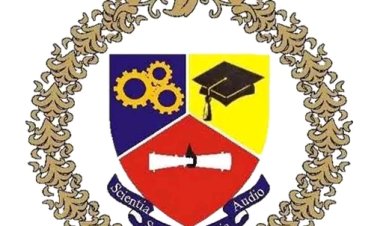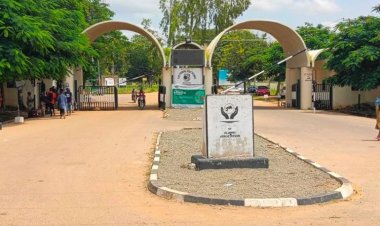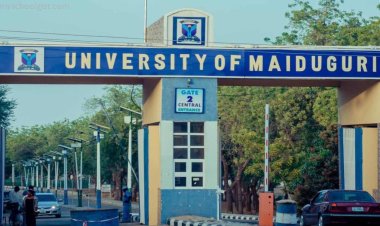Minister of Education, Dr Tunji Alausa Announces 80% Practical-Based System, Pledges to Address Frequent Strikes
The Minister of Education, Tunji Alausa, has announced plans to overhaul Nigeria’s education system by shifting to an 80% practical and 20% theoretical model, aimed at equipping students with job-ready skills and addressing unemployment.

In a bid to reform Nigeria’s education system, the Minister of Education, Tunji Alausa, has revealed plans to implement an 80 per cent practical and 20 per cent theoretical learning model. The shift, he stated, aims to better equip students with essential skills for the workforce and reduce the country’s unemployment rate.
Speaking at his inaugural press briefing in Abuja, Mr. Alausa emphasized that the new approach would prioritize technical and vocational education to provide students with job-ready skills. He expressed the government’s commitment to collaborating with the private sector, which he noted would play a critical role in student training and development.
The Minister also announced targeted support for universities of agriculture, highlighting the importance of mechanised farming in promoting food security. According to a report from the News Agency of Nigeria (NAN), Mr. Alausa disclosed that these institutions would receive financial incentives to establish mechanised farms. "All specialised universities will be required to have mechanised farms to enhance food production," he said.
Mr. Alausa addressed the recurrent issue of strikes in tertiary institutions, assuring academic and non-academic unions of a “new beginning.” He pledged to foster a supportive environment aimed at preventing prolonged closures due to labour disputes. “This is a new beginning for ASUU, NASU, SSANU, ASUP, COEASU, and others,” Mr. Alausa stated, urging the unions to allow the government time to fulfill its promises under President Bola Tinubu’s administration.
As part of the comprehensive education reform, the Minister also committed to modernising the system to meet the demands of the 21st century. Emphasis will be placed on STEM (Science, Technology, Engineering, and Mathematics) and medical sciences to bolster workforce development and meet the needs of the evolving job market.

 Chris Oyeoku Okafor
Chris Oyeoku Okafor 



